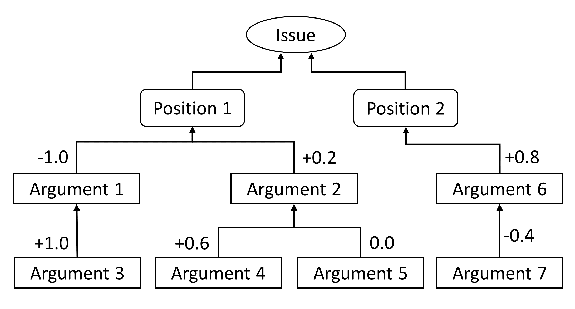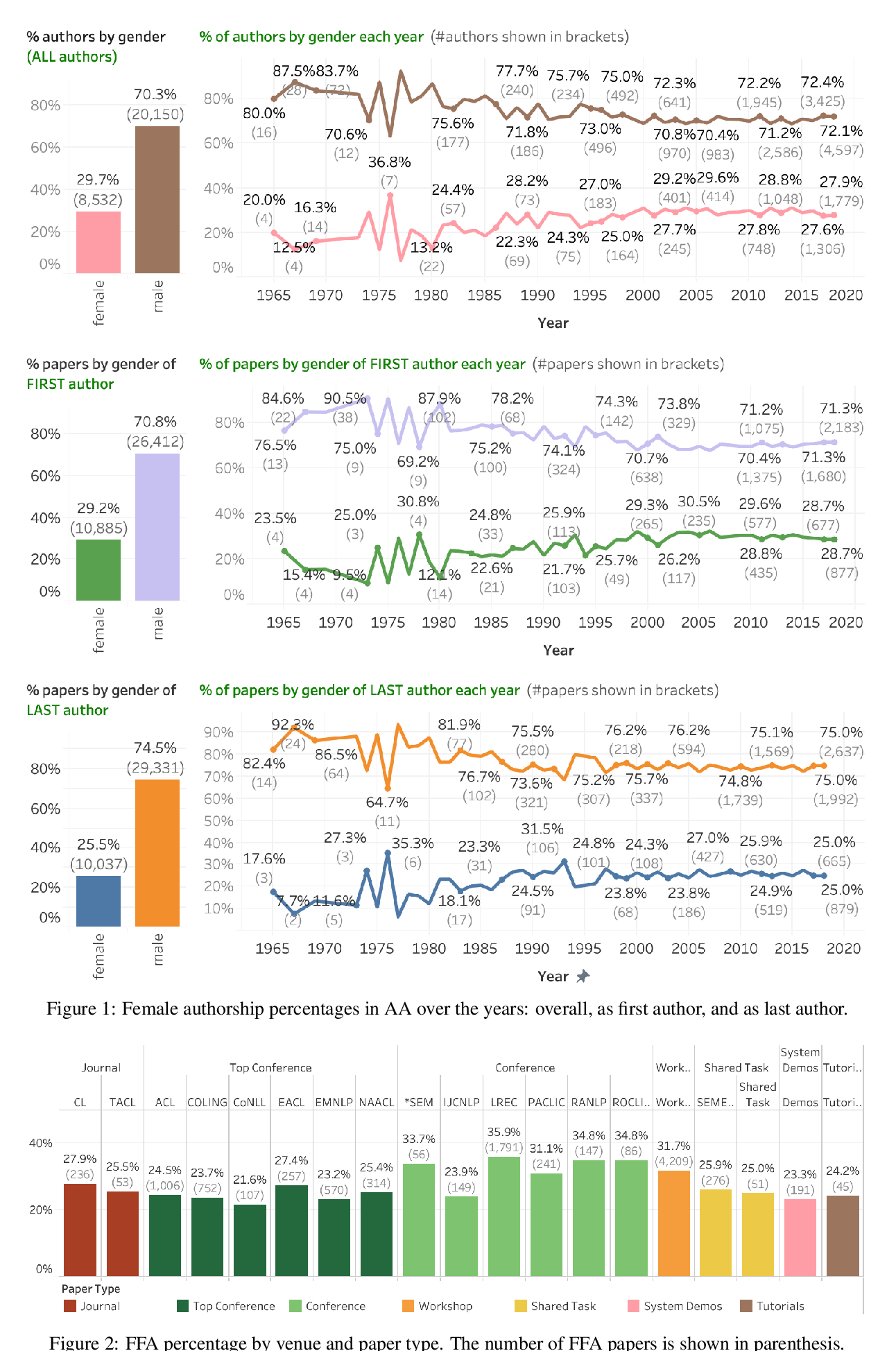Analyzing Political Parody in Social Media
Antonios Maronikolakis, Danae Sánchez Villegas, Daniel Preotiuc-Pietro, Nikolaos Aletras
Computational Social Science and Social Media Long Paper
Session 8A: Jul 7
(12:00-13:00 GMT)

Session 9B: Jul 7
(18:00-19:00 GMT)

Abstract:
Parody is a figurative device used to imitate an entity for comedic or critical purposes and represents a widespread phenomenon in social media through many popular parody accounts. In this paper, we present the first computational study of parody. We introduce a new publicly available data set of tweets from real politicians and their corresponding parody accounts. We run a battery of supervised machine learning models for automatically detecting parody tweets with an emphasis on robustness by testing on tweets from accounts unseen in training, across different genders and across countries. Our results show that political parody tweets can be predicted with an accuracy up to 90%. Finally, we identify the markers of parody through a linguistic analysis. Beyond research in linguistics and political communication, accurately and automatically detecting parody is important to improving fact checking for journalists and analytics such as sentiment analysis through filtering out parodical utterances.
You can open the
pre-recorded video
in a separate window.
NOTE: The SlidesLive video may display a random order of the authors.
The correct author list is shown at the top of this webpage.
Similar Papers
Agreement Prediction of Arguments in Cyber Argumentation for Detecting Stance Polarity and Intensity
Joseph Sirrianni, Xiaoqing Liu, Douglas Adams,

Will-They-Won't-They: A Very Large Dataset for Stance Detection on Twitter
Costanza Conforti, Jakob Berndt, Mohammad Taher Pilehvar, Chryssi Giannitsarou, Flavio Toxvaerd, Nigel Collier,


